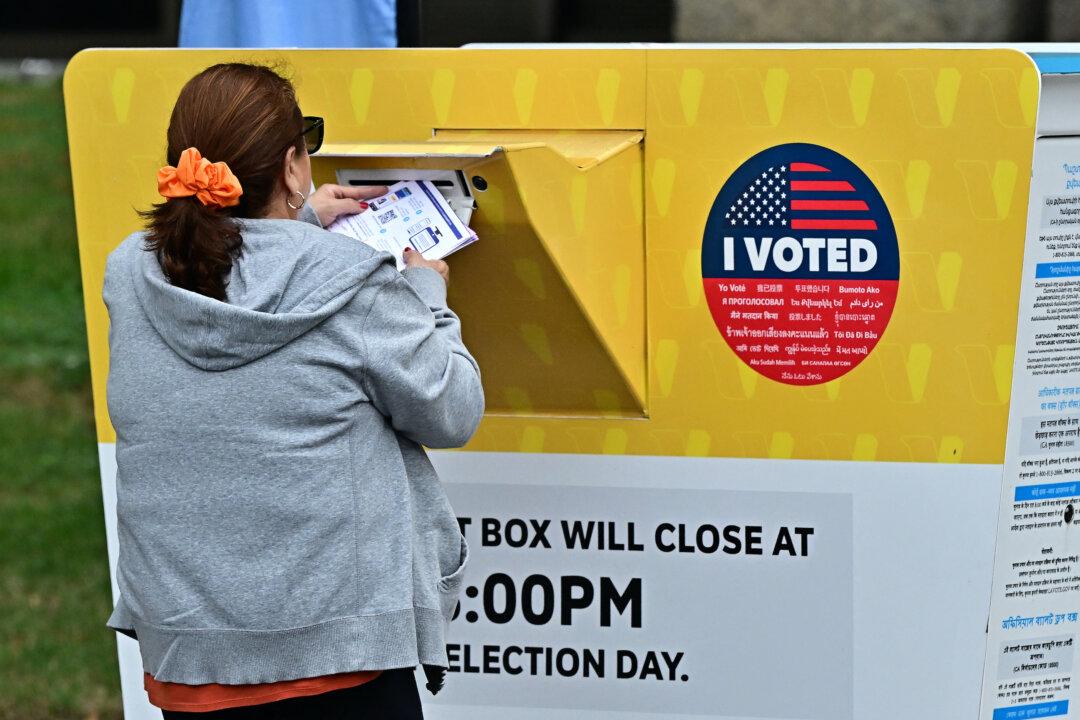Local and state election officials across the country voiced concerns on April 24 about the logistics and impacts of the elections overhaul President Donald Trump ordered last month.
Documentary proof of citizenship to register to vote, new voting system guidelines, and the review and recertification of voting machines were just a few of the sweeping changes mandated by the president’s executive order.





